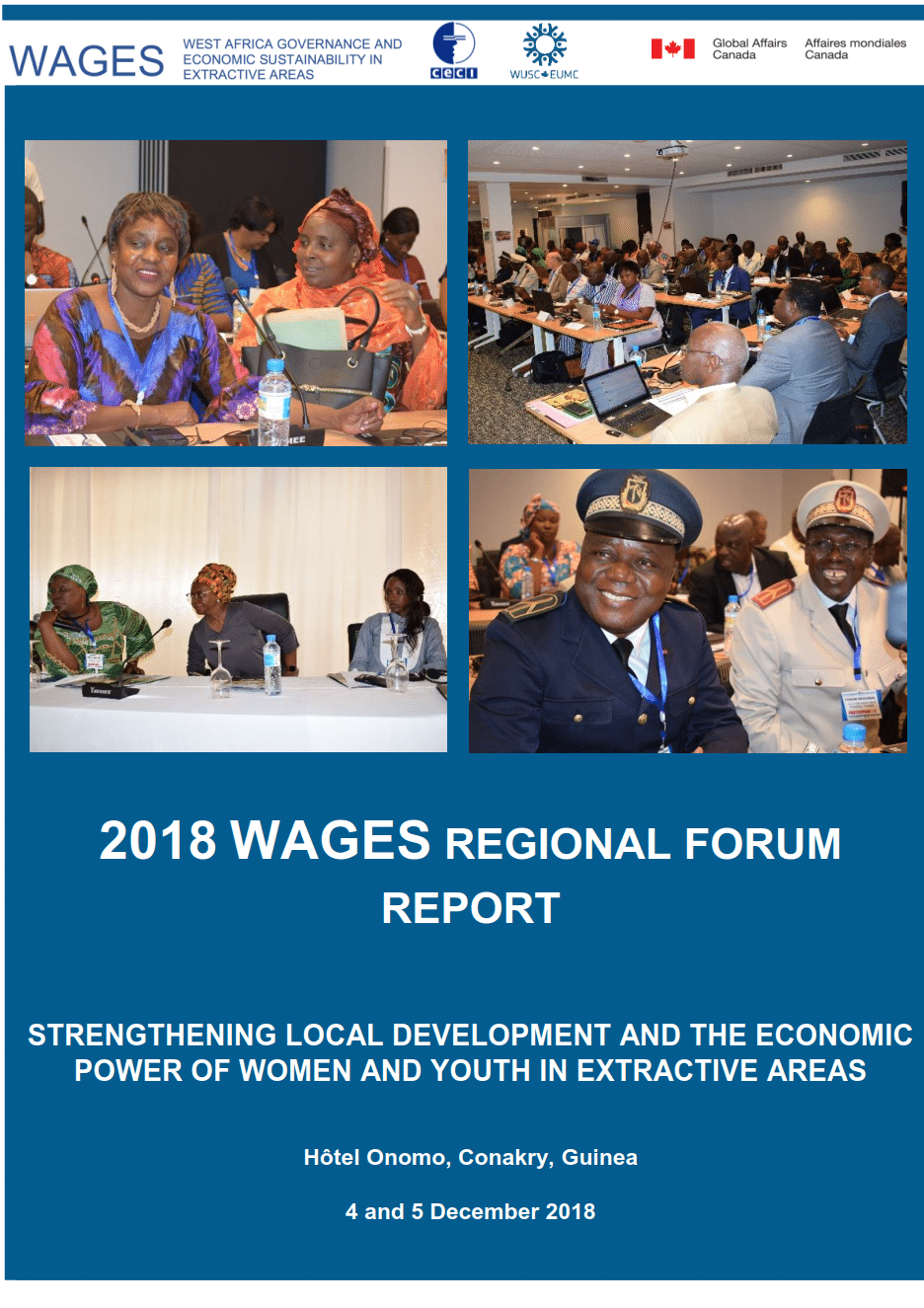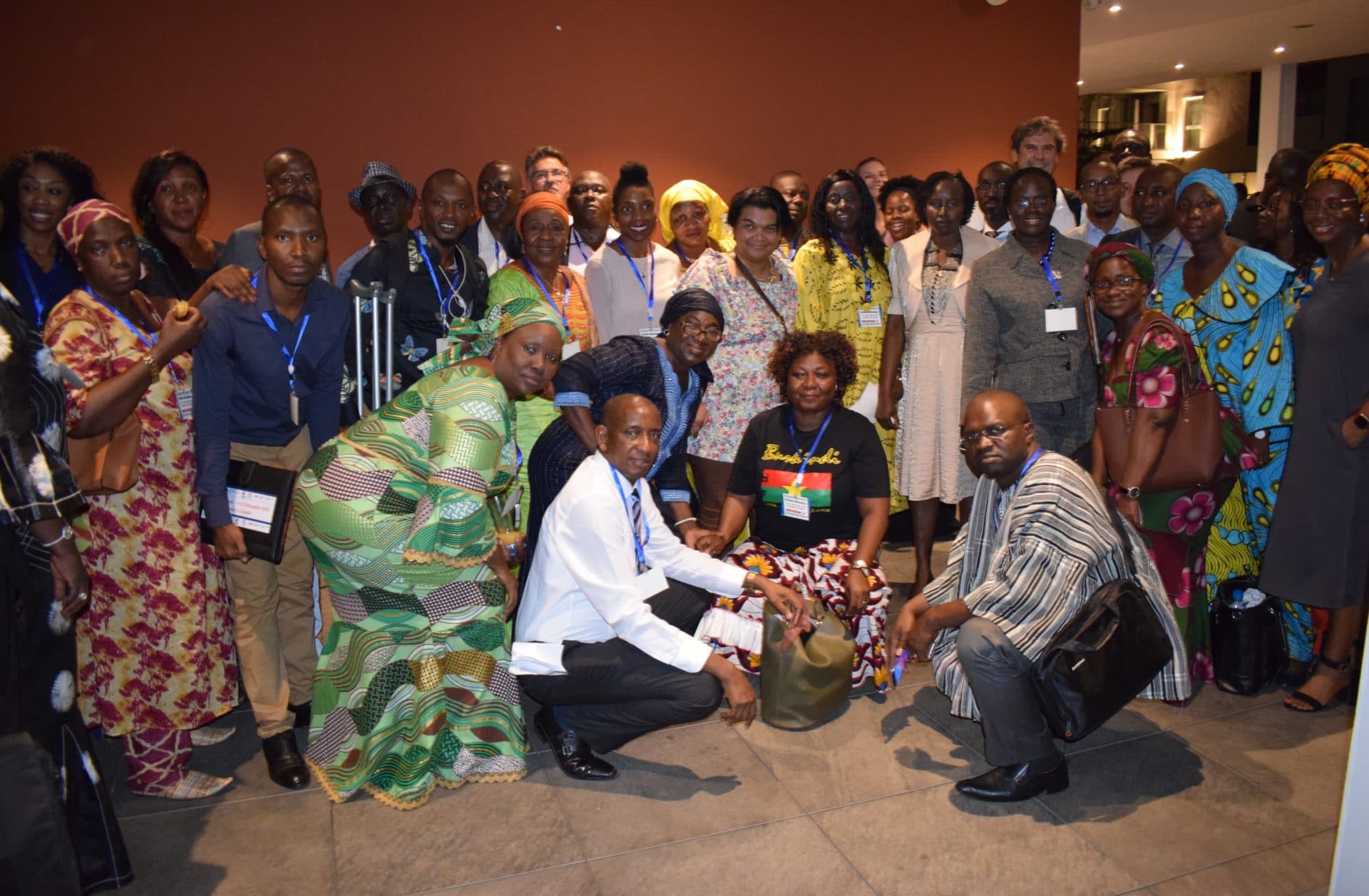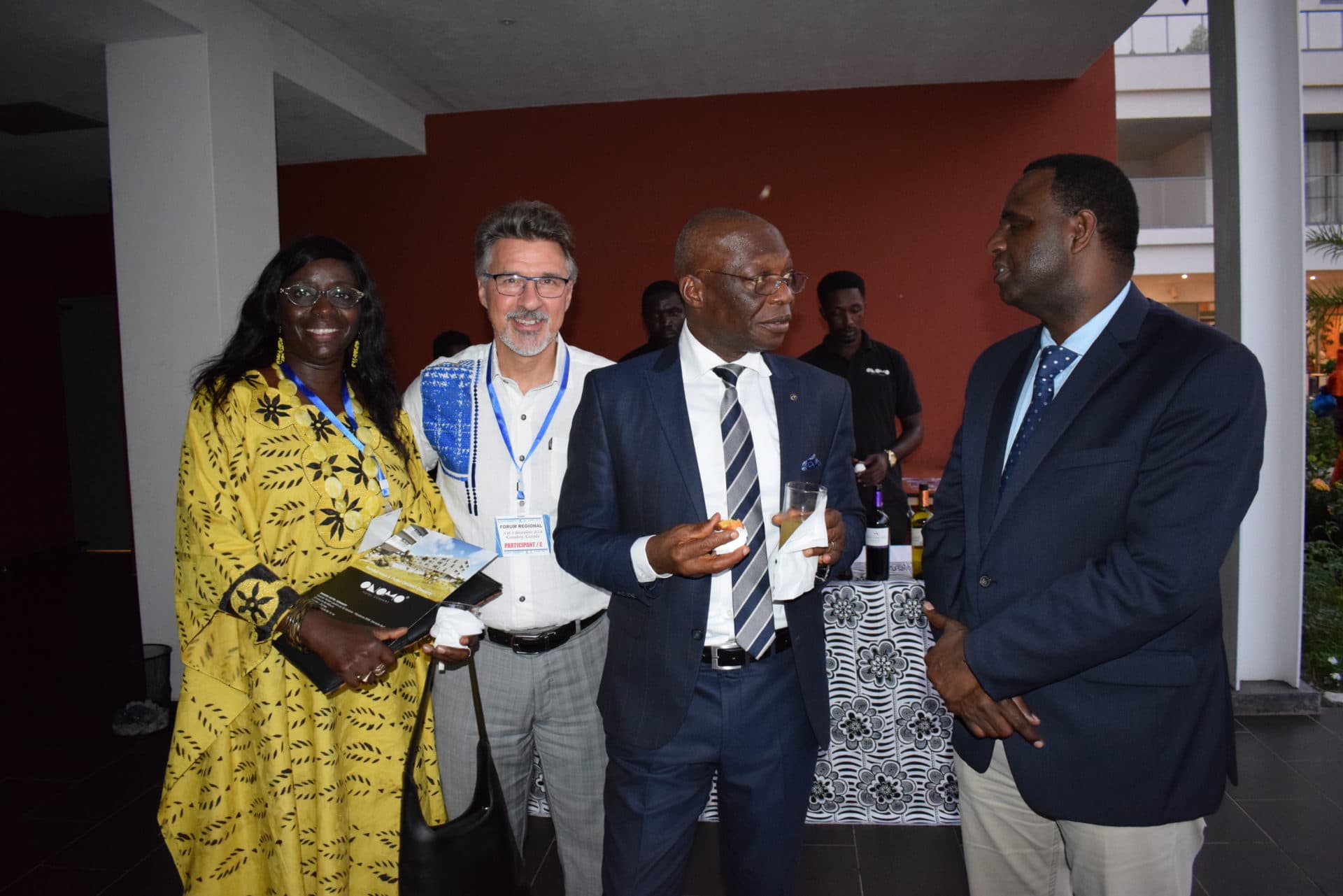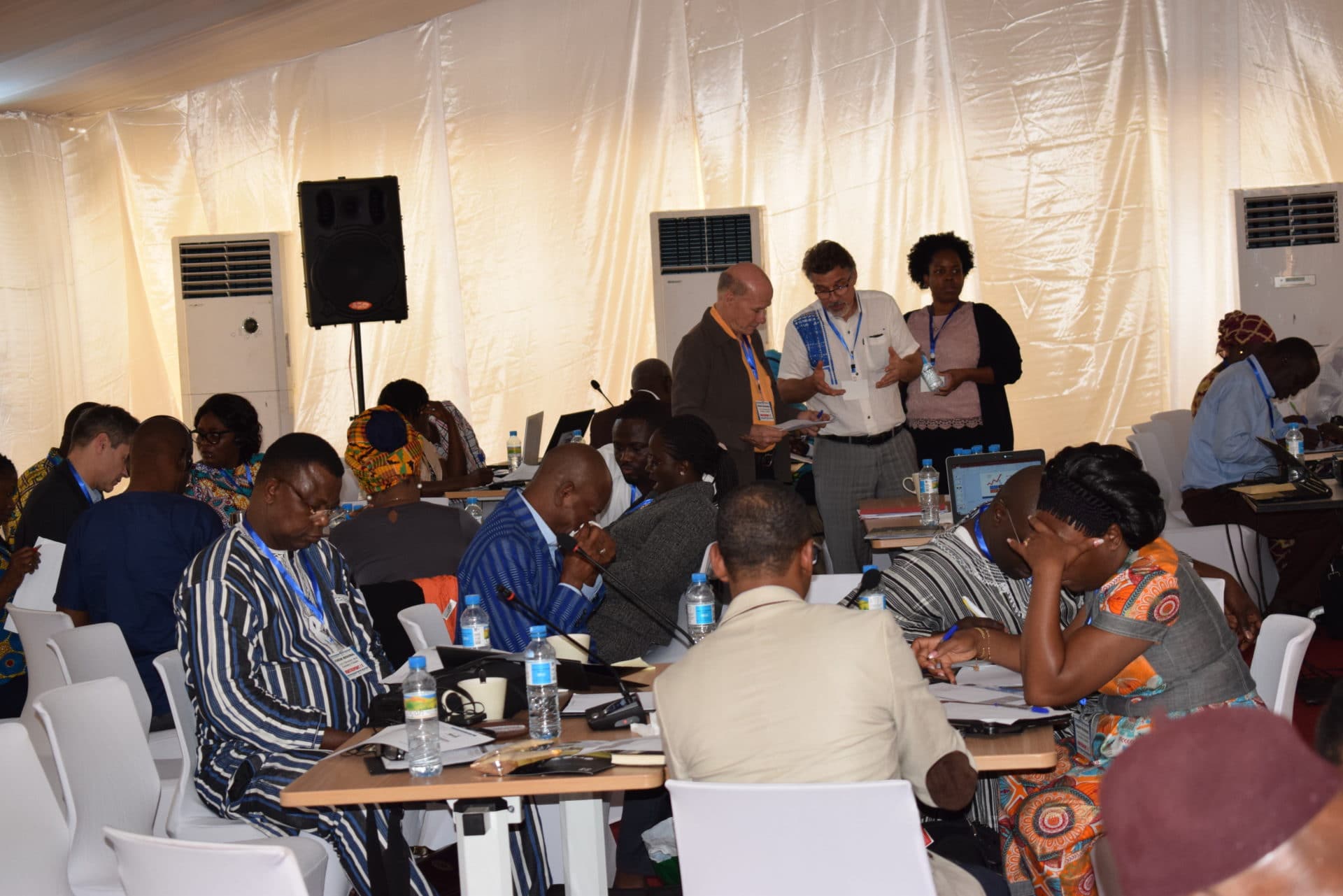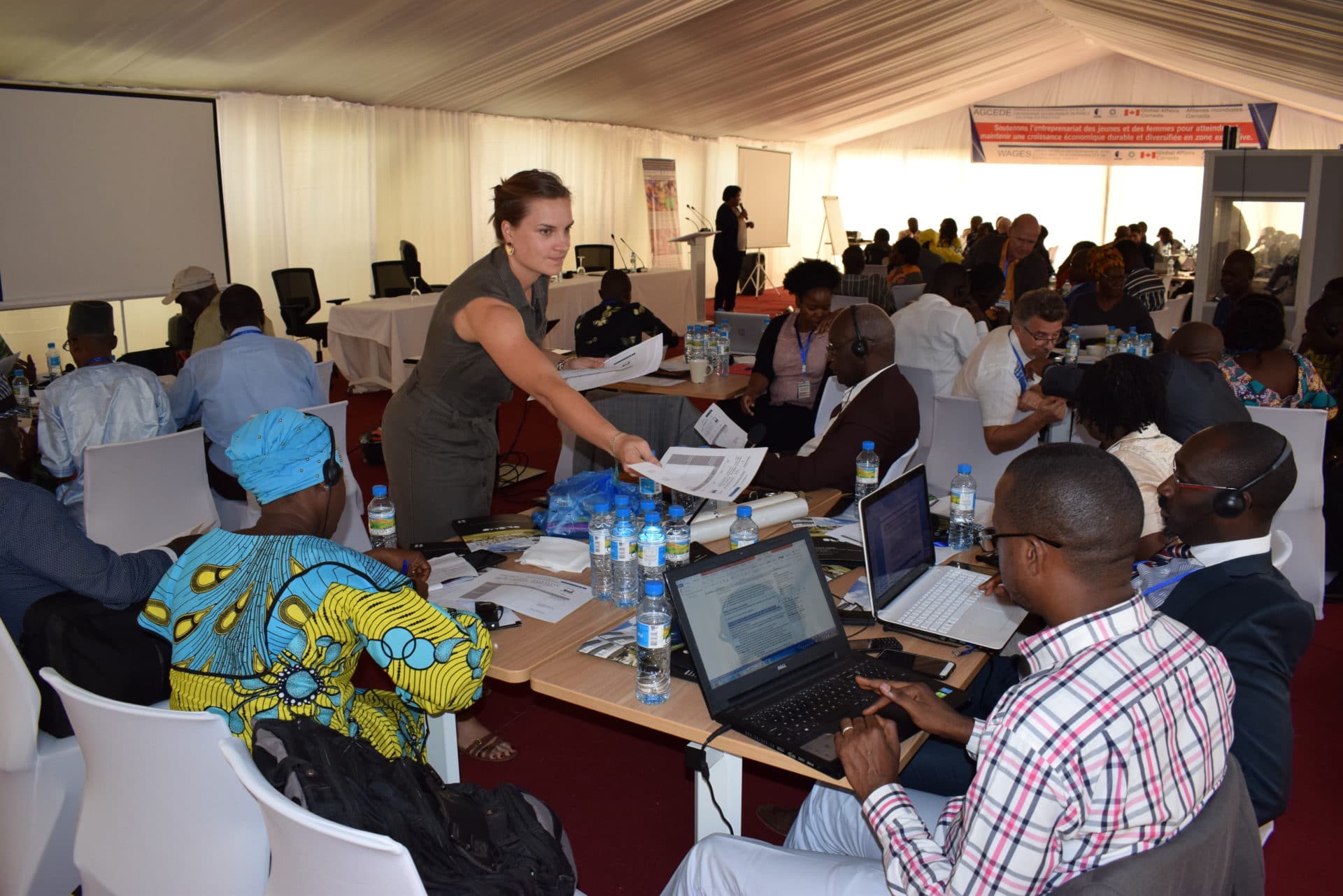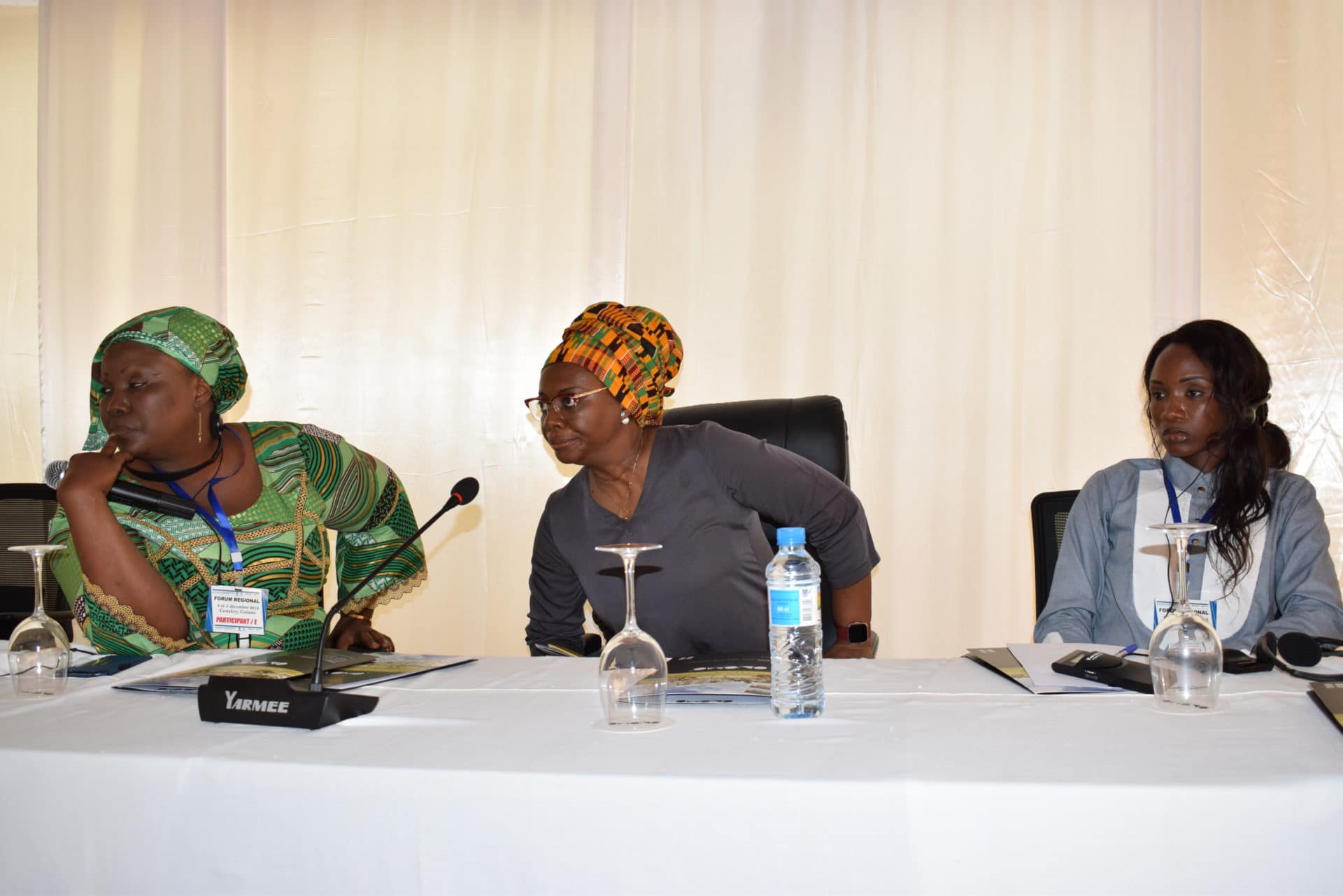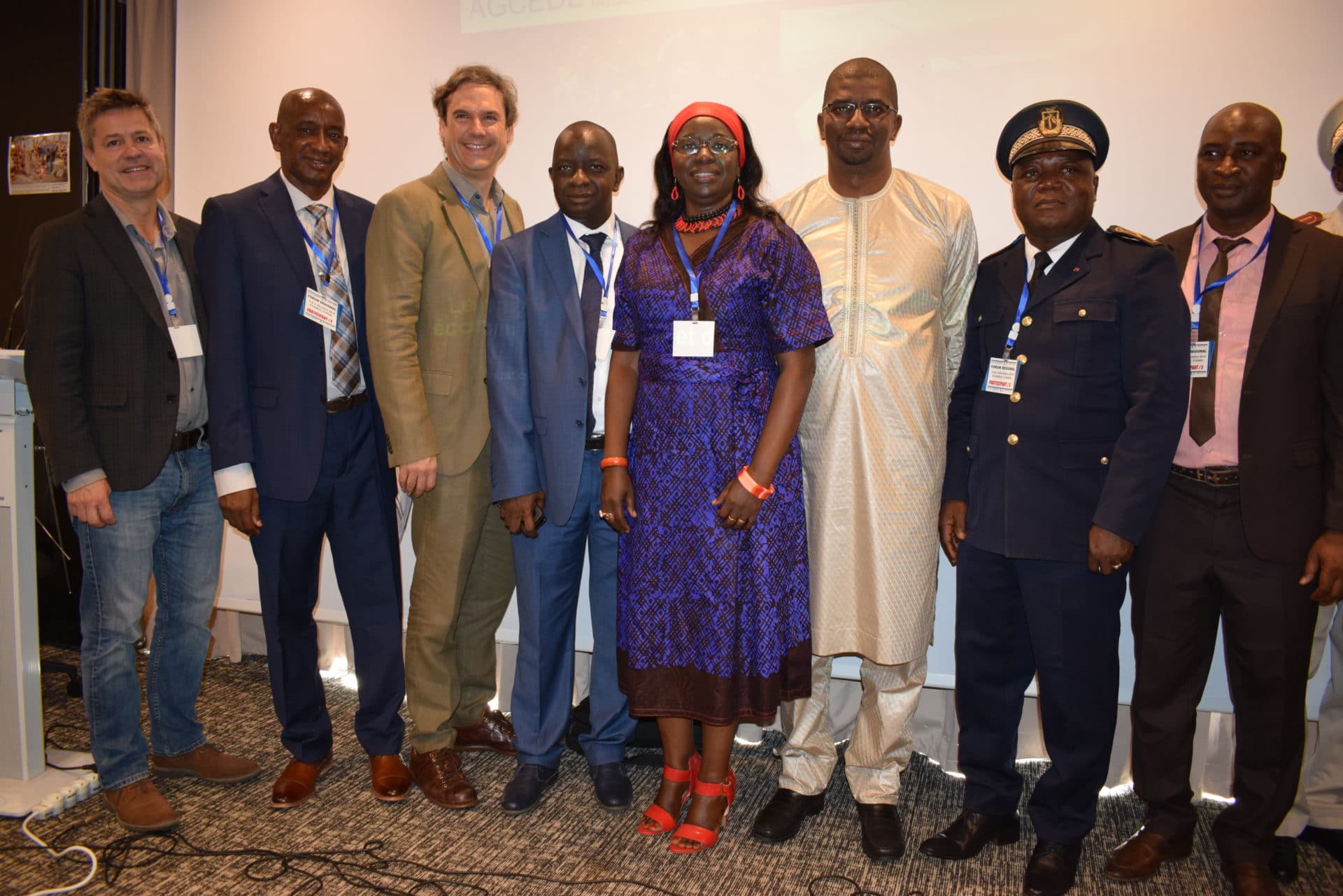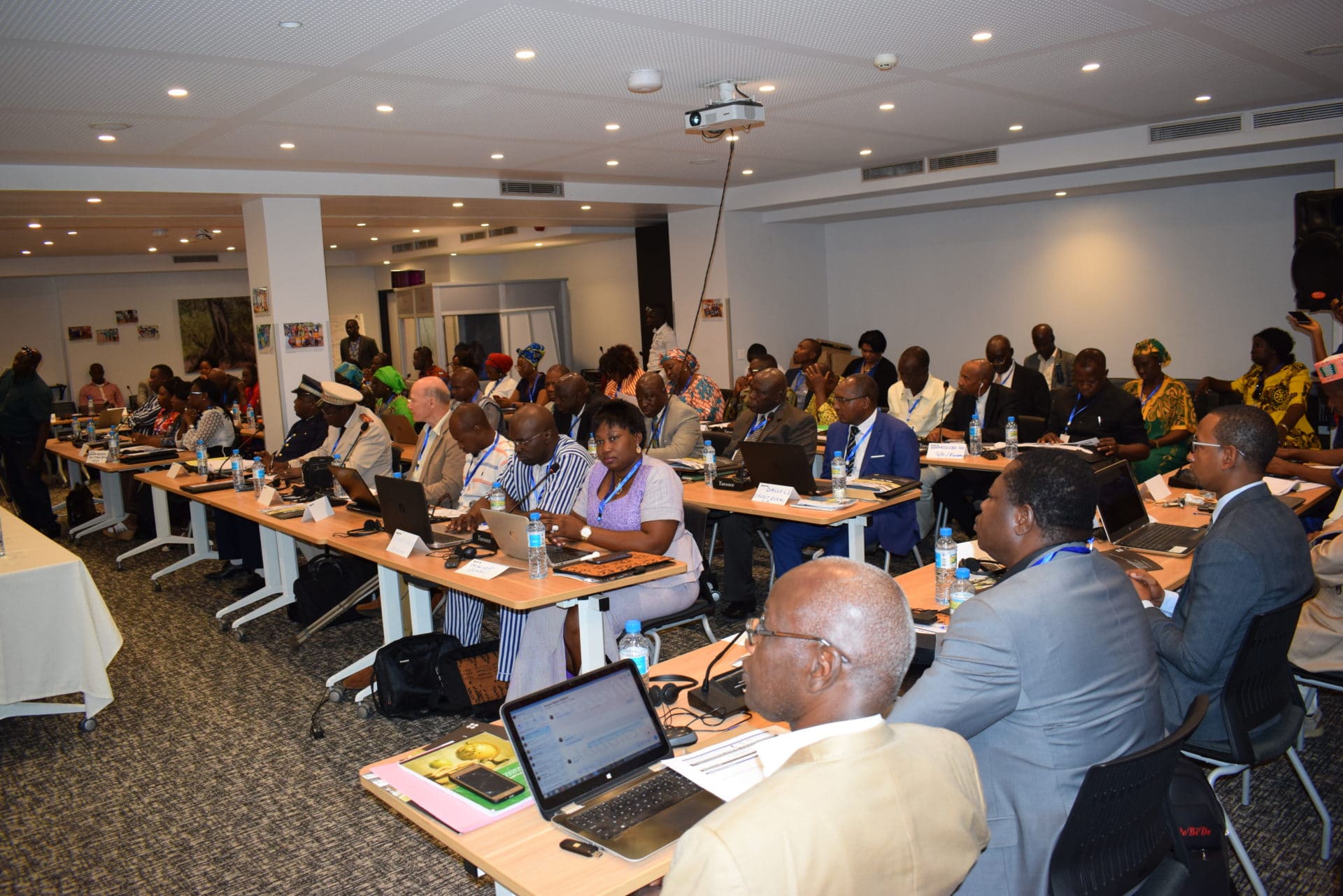WAGES Regional Forum 2018

The WAGES project aims to break the vicious circle in which local communities, especially women and youth, are excluded from the benefits of mining investments. Through WAGES, World University Service of Canada (WUSC) and the Center for International Studies and Cooperation (CECI) are working in three regions of Burkina Faso, Ghana and Guinea affected by the extractive industries. The project aims to empower local communities and specifically integrate women and youth, enabling them to participate fully in local governance, economic opportunities and sustainable development in these areas. The project, funded by Global Affairs Canada, works with local and national governments, select mining companies, as well as small and medium-sized enterprises and civil society organizations to achieve these goals.
On the 4th and 5th of December 2018, the 3rd WAGES Regional Forum was held in Conakry and brought together more than 80 participants from Burkina Faso, Ghana, Guinea and Canada. Its main theme was "Strengthening local development and the economic power of women and young people in the extractive areas". Three complementary themes were selected to facilitate the debates between the project stakeholders and to enlighten the main theme: gender equality and inclusion of young people; participatory and inclusive local development and entrepreneurship and employability of women and youth in extractive zones.
Three themes were closely looked at during this forum in order to allow all the stakeholders to share, discuss and formulate together recommendations to make considerable progress. It was about:

